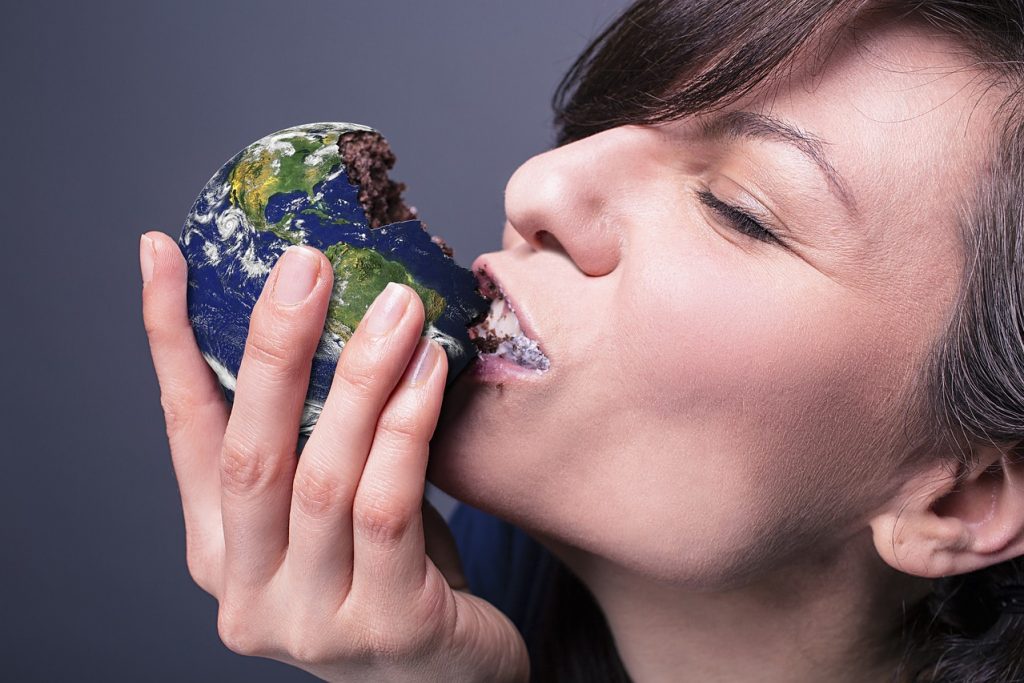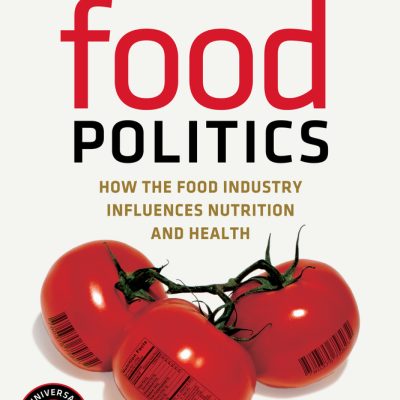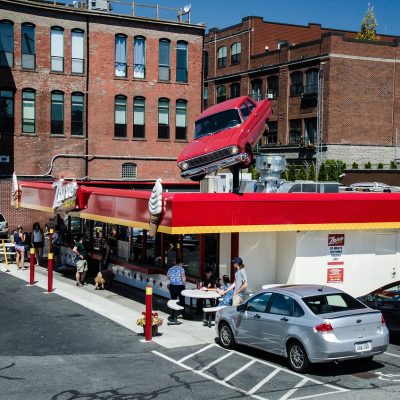Campaigners say the major food businesses in the world, whose products have been connected to the widespread loss of rainforests, have not developed a sufficient plan to match their business practices with the 1.5C climate objective. Find out how culture agriculture food and environment are in this article!
This week, the biggest soy, palm oil, cocoa, and cattle producers revealed their roadmap to align with 1.5C, pledging to establish and publish commodity-specific, time-bound objectives on halting deforestation that is supported by research and verified annually. The list of firms includes JBS, a Brazilian cattle producer; Cargill, an American agricultural company; and Wilmar International, a Singaporean food processor.
Right Now: What Is The Most Important Step?
Stopping the destruction of rainforests is an important aspect of addressing both the climate and biodiversity problems since land use change is the second largest source of global warming after the combustion of fossil fuels. According to experts, if we keep global warming below 1.5 degrees Celsius, we’ll need to halt all land use modification by 2030.
There has been improvement, notably in palm oil, but activists say big businesses aren’t living up to their lofty goals regarding soy and cattle.
Why Did the Food Industry Fail To Stop Deforestation?
Campaigners and corporations can’t agree on when the latter must end their practice of deforestation. According to Greenpeace Brazil’s senior forest campaigner Cristiane Mazzetti, several firms had previously vowed to eradicate deforestation from their supply chains by 2020 but failed to do so.
Adding that “we cannot afford any more greenwashing or reckless behavior from these companies who profit from the destruction of ecosystems and come up with more delays and inadequate plans to halt and reverse the destruction they drive that will continue to fry the planet,” she emphasized the importance of putting an end to this type of behavior.
Deforestation has decreased in recent years, partly due to greater control in the two countries that are home to the majority of the world’s palm oil industry (Malaysia and Indonesia).
Culture: Agriculture Food And Environment
Director of the environmental organization Madre Brava, Nico Muzi, said the strategy revealed at Cop27 amounted to some progress but that the commitment fell short of what was required, particularly in the meat industry. She added that the greatest savanna habitat in South America is located in Brazil’s Cerrado, but its conversion by cattle and soy development has been left out.
Global Canopy’s André Vasconcelos praised the initiative, noting that its signatories will account for over 60% of Brazilian soy exports, 50% of Brazilian cattle, and 45% of Indonesia’s palm oil exports in 2020, despite the omission of certain major suppliers.
What Do We Require?
However, he stressed that the corporations needed to do more to establish trust in the strategy. He emphasized the need to address deforestation to maintain a temperature rise of “far below” 1.5 degrees Celsius. Dealmakers must advance farther, more quickly. The plan must include preventative measures to stop additional deforestation and forest conversion, such as pledging not to build any new infrastructure in the most at-risk areas. An agreement on a single expiration date for all commodities and ecosystems is required.
To the contrary, Jack Hurd, executive director of the Tropical Forest Alliance, which is assisting the World Economic Forum in managing the plan, stated that he was delighted with the progress achieved, especially in the cattle business.
Businesses like this often engage in commodity trading. Do keep it in mind because it is crucial. We’re involved in a wide range of industries. The oil palm industry is the primary bright spot. It has succeeded admirably and established a direct route to 1.5C.
We Must Become Serious Before 2025
Our research suggests that the soy industry has much space for development. Some designs in the livestock industry are 1.5C-compatible. According to experts, all land use changes, including deforestation, must stop by 2030, with major reductions occurring by 2025. Their progress in these key biomes is enormous from our point of view,” he remarked.
Final Words
Major palm oil supplier Wilmar International highlighted the accomplishment of this industry in decreasing deforestation. It stated Each commodities sector has varied commitments and metrics – some more extensive and advanced than others. Up to this point, all commodity sectors have been wrongly and unjustly grouped together towards the lowest commitment due to the criticism that has been received.
Feature image: Pixabay
Read more:





